To help Aboriginal and Torres Strait Islander corporations understand what Data Sovereignty means and why it matters...
Wiradjuri community engagement

The Wiradjuri Nation is one of the largest in New South Wales. It has around 28–30,000 citizens spread across numerous rural towns and discrete communities. Wiradjuri people are known as the people of the three rivers:
- the Wambool (now known as the Macquarie River)
- the Kalari (the Lachlan River)
- the Murrumbidjeri (the Murrumbidgee River).
Wiradjuri have been working on a community-informed framework for rebuilding the Wiradjuri nation. Wiradjuri Elders and other community leaders identified a need to make sure the nation-building principles resonated with the wider Wiradjuri community. To do this, they worked closely with communities across Wiradjuri country.
Wiradjuri nation builders hosted and facilitated a series of collaborative community conversations with three communities in Narrandera, Tumut-Brungle and Wagga Wagga. Wiradjuri citizens had conversations around the most appropriate Wiradjuri language words and concepts for nation rebuilding. It also involved talking with the communities to make sure the nation building framework and principles were relevant to Wiradjuri people.
Wiradjuri leaders Donna Murray and Debra Evans explain the importance of community engagement when governing their nation rebuilding efforts and honouring Wiradjuri ways:
“We travelled our region and began exploring Indigenous Nation-Building (INB) principles with communities in Narrandera, Tumut-Brungle and Wagga Wagga… We also understood that these were Wiradjuri communities with different histories, different experiences and views of what it is to be Wiradjuri. This was important. It provided a deeper comparative aspect to our understanding of how we might apply the nation building principles…This community engagement was essential in helping us to translate nation-building from an international idea to a valid local context and was the necessary starting point for changing mind-sets in our communities.”2Donna Murray and Debra Evans, “Culturally Centred, Community Led: Wiradjuri Nation Rebuilding through Honouring the Wiradjuri Way,” in Developing Governance and Governing Development: International Case Studies of Indigenous Futures, eds. Diane Smith, Alice Wighton, Stephen Cornell and Adam Vai Delaney (Maryland: Rowan & Littlefield, 2021), 176.

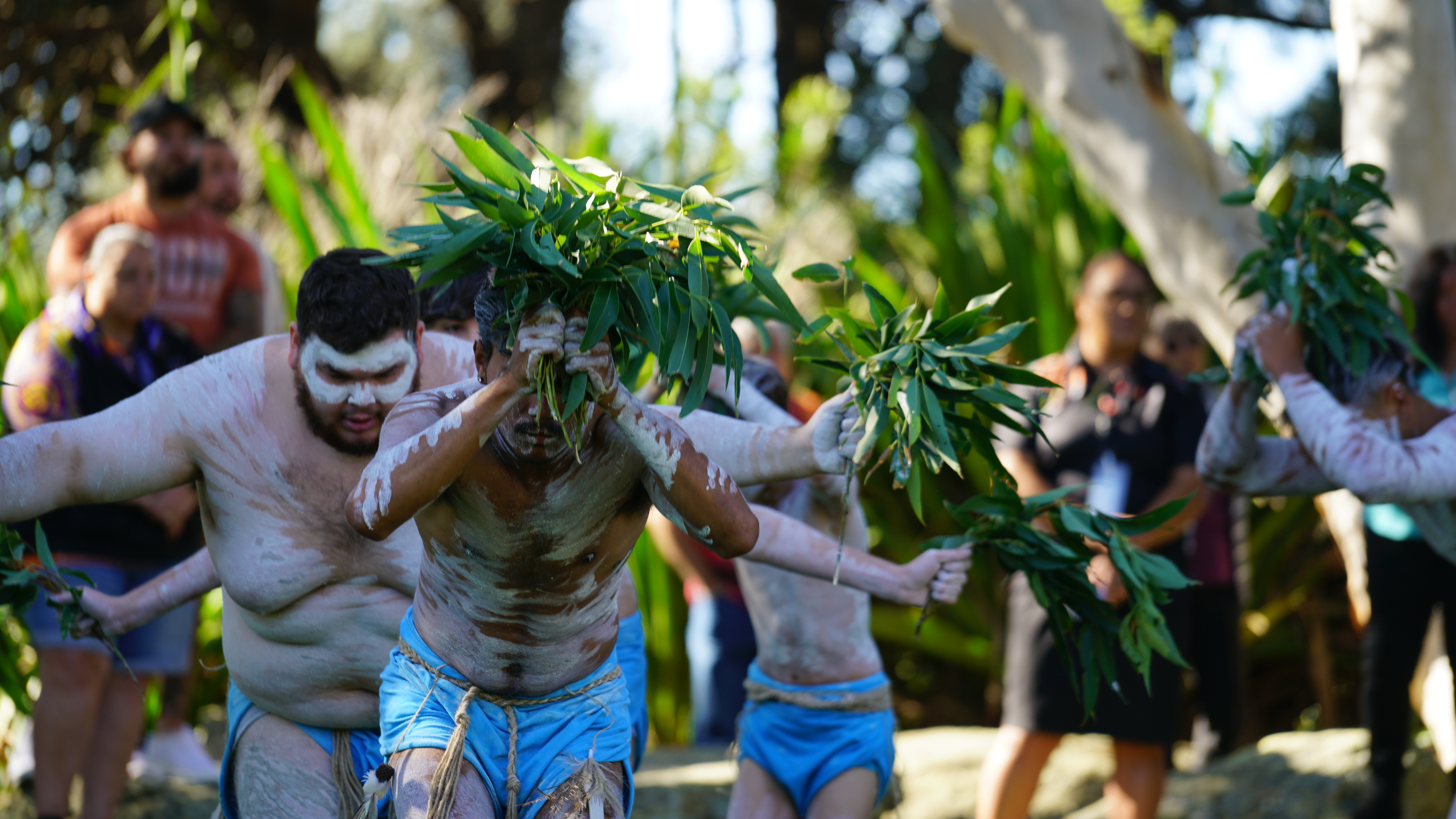
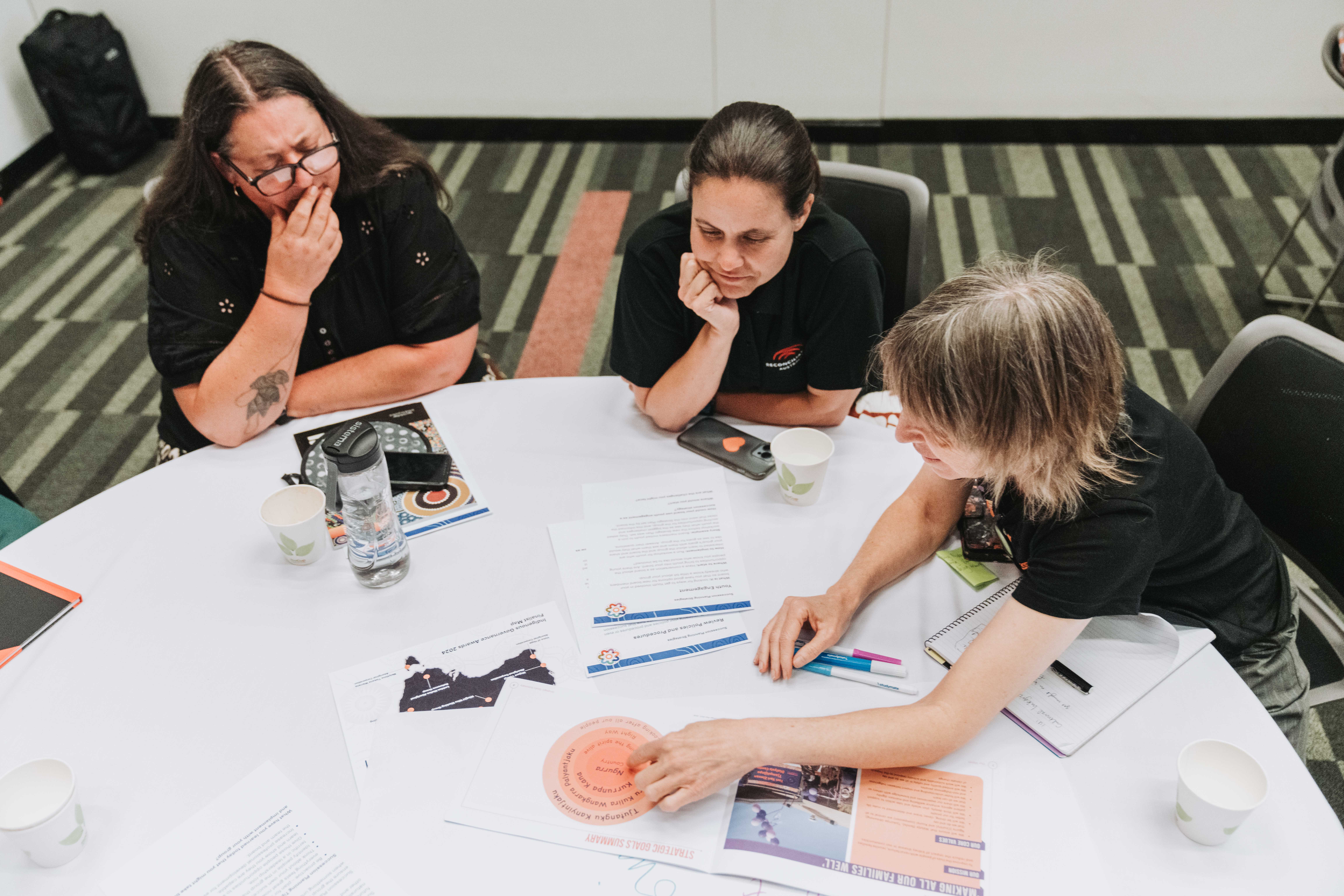
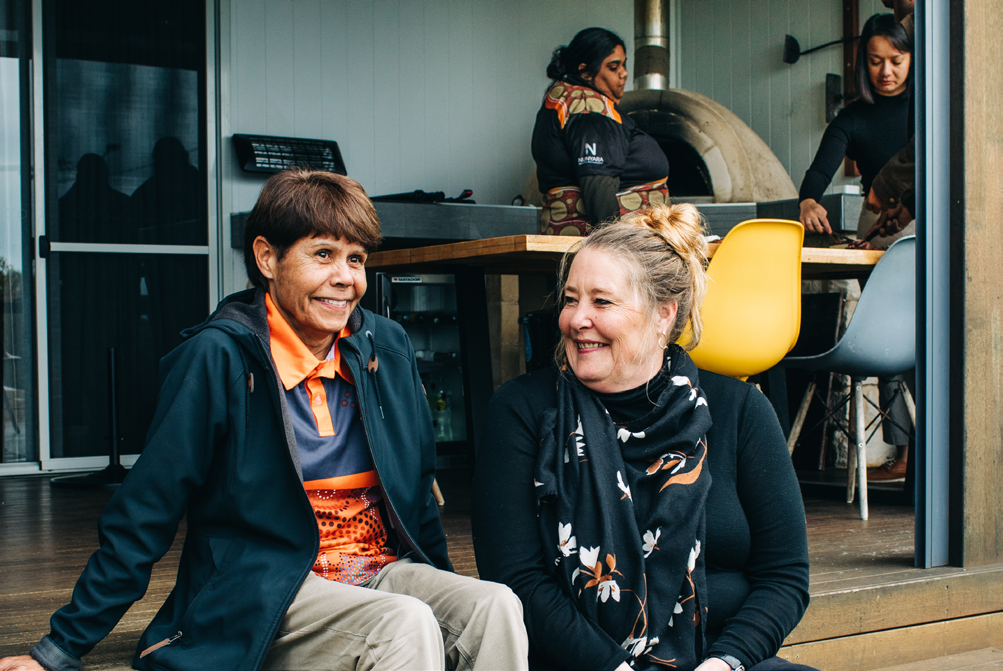
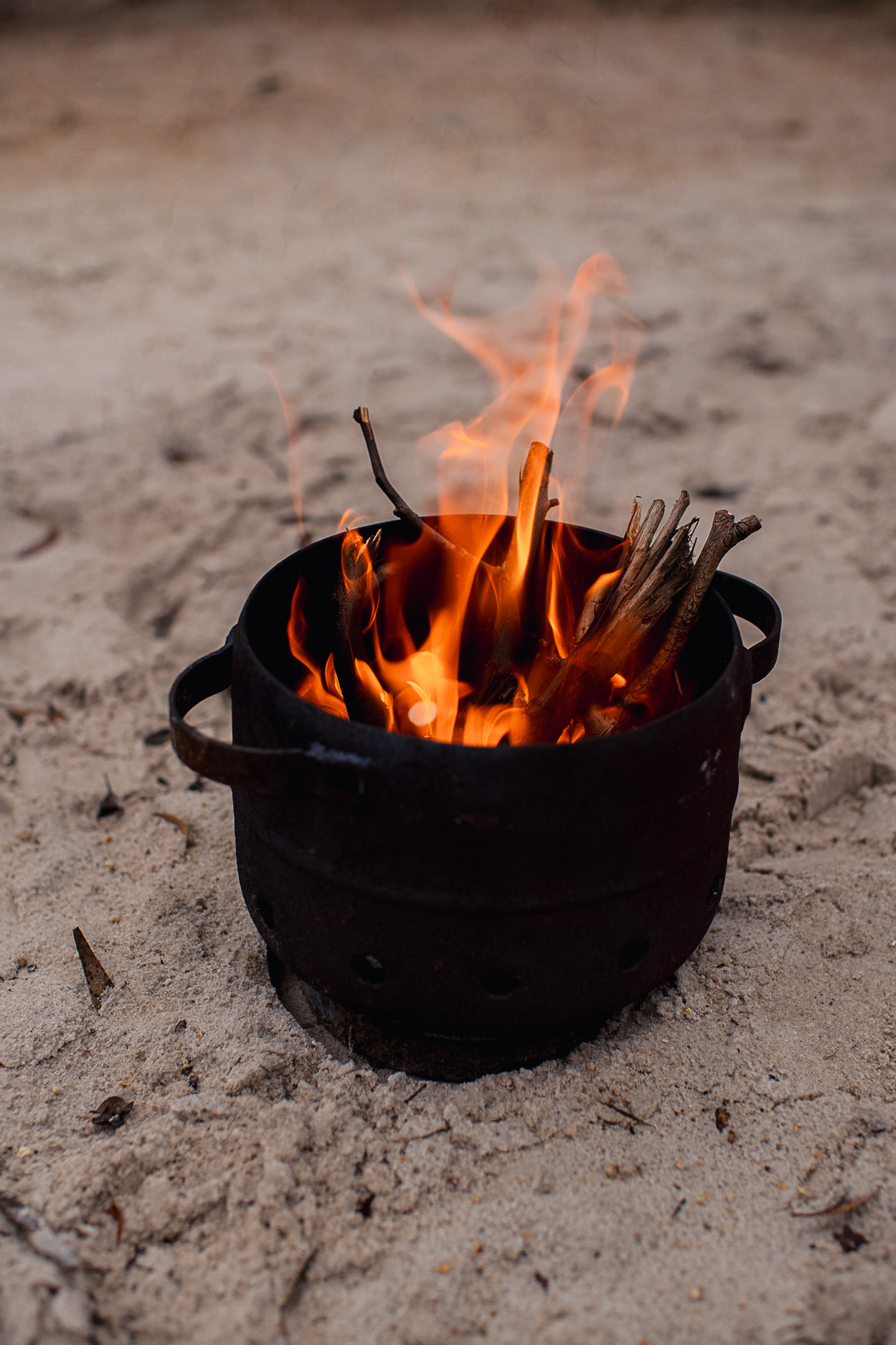
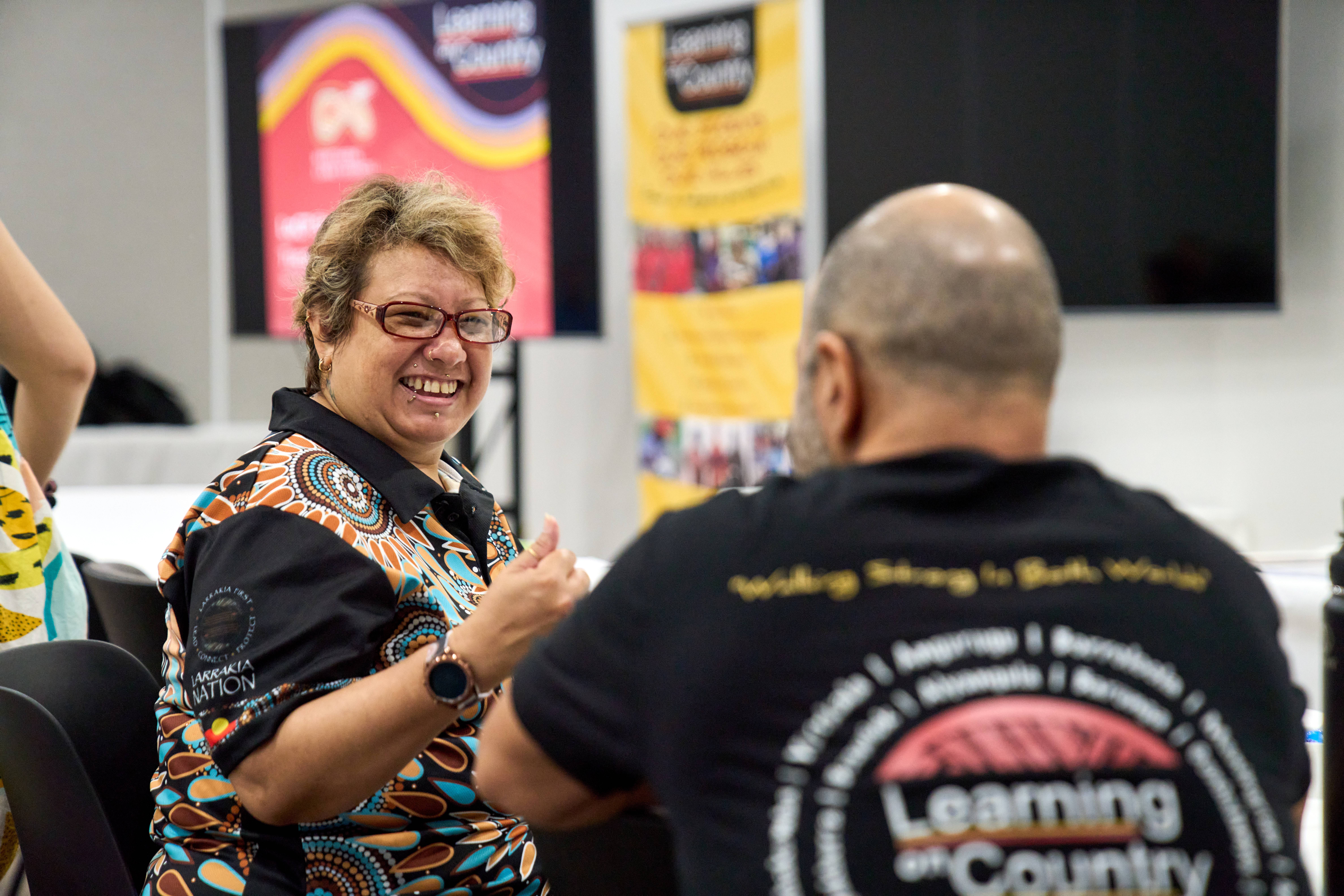
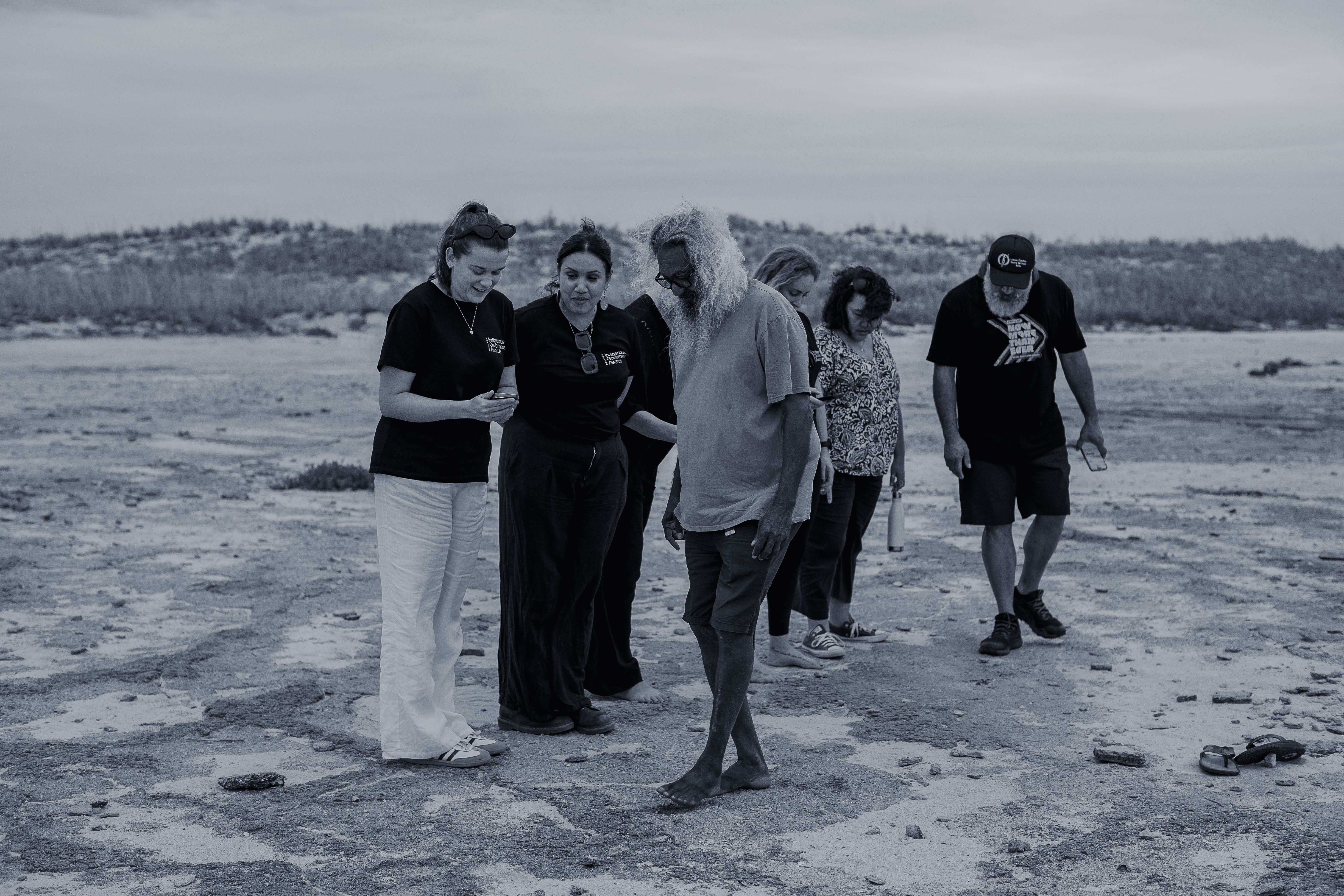
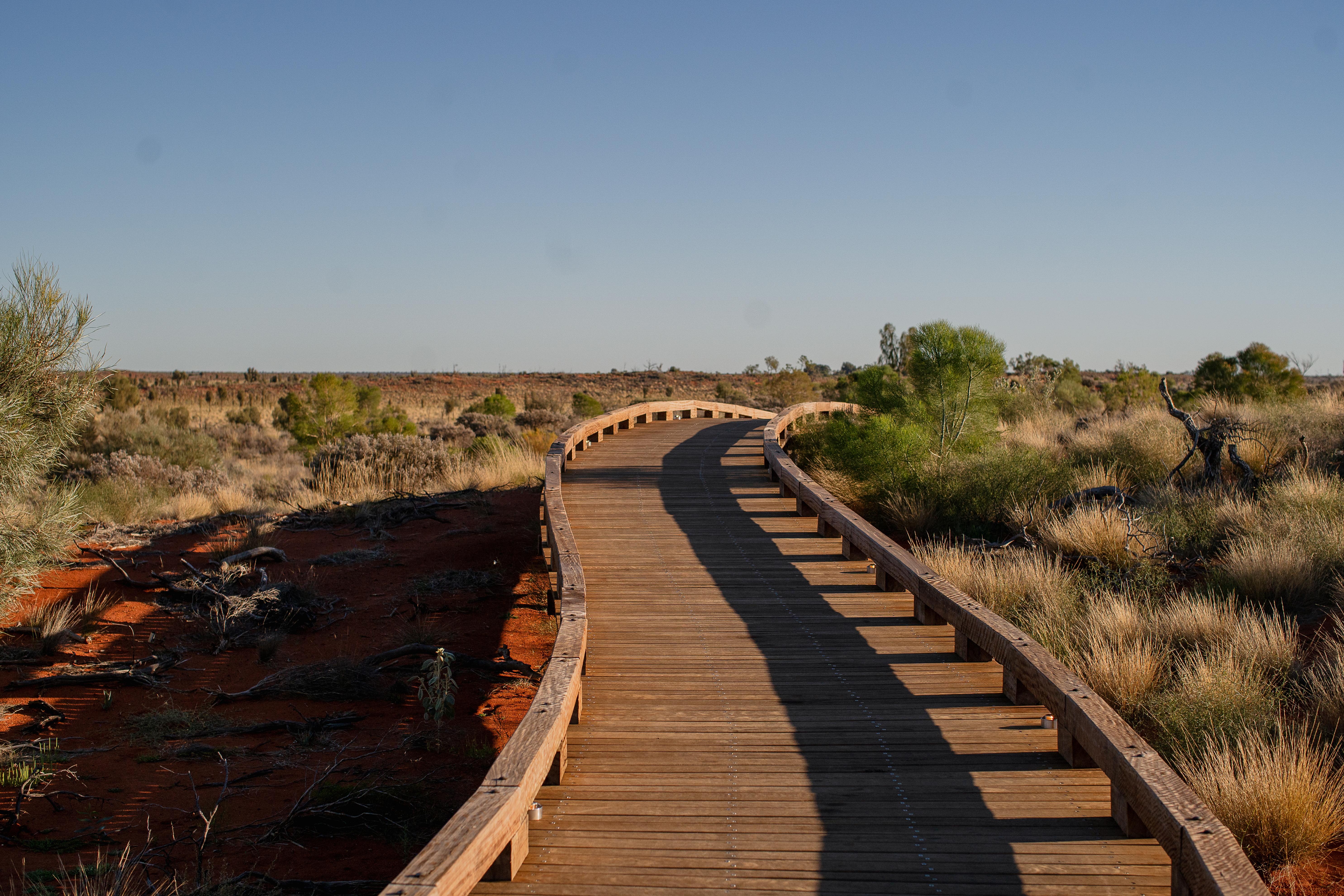
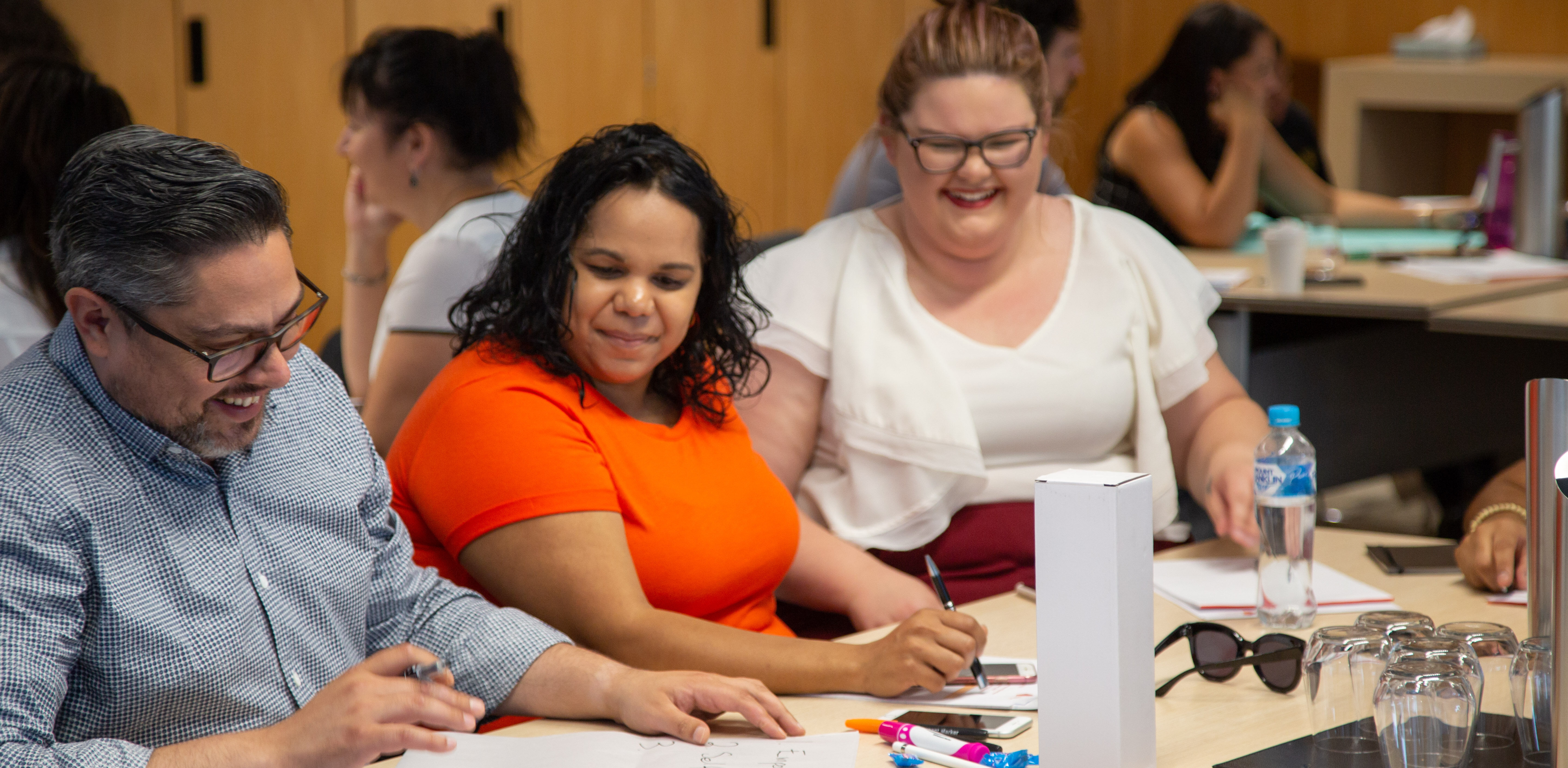
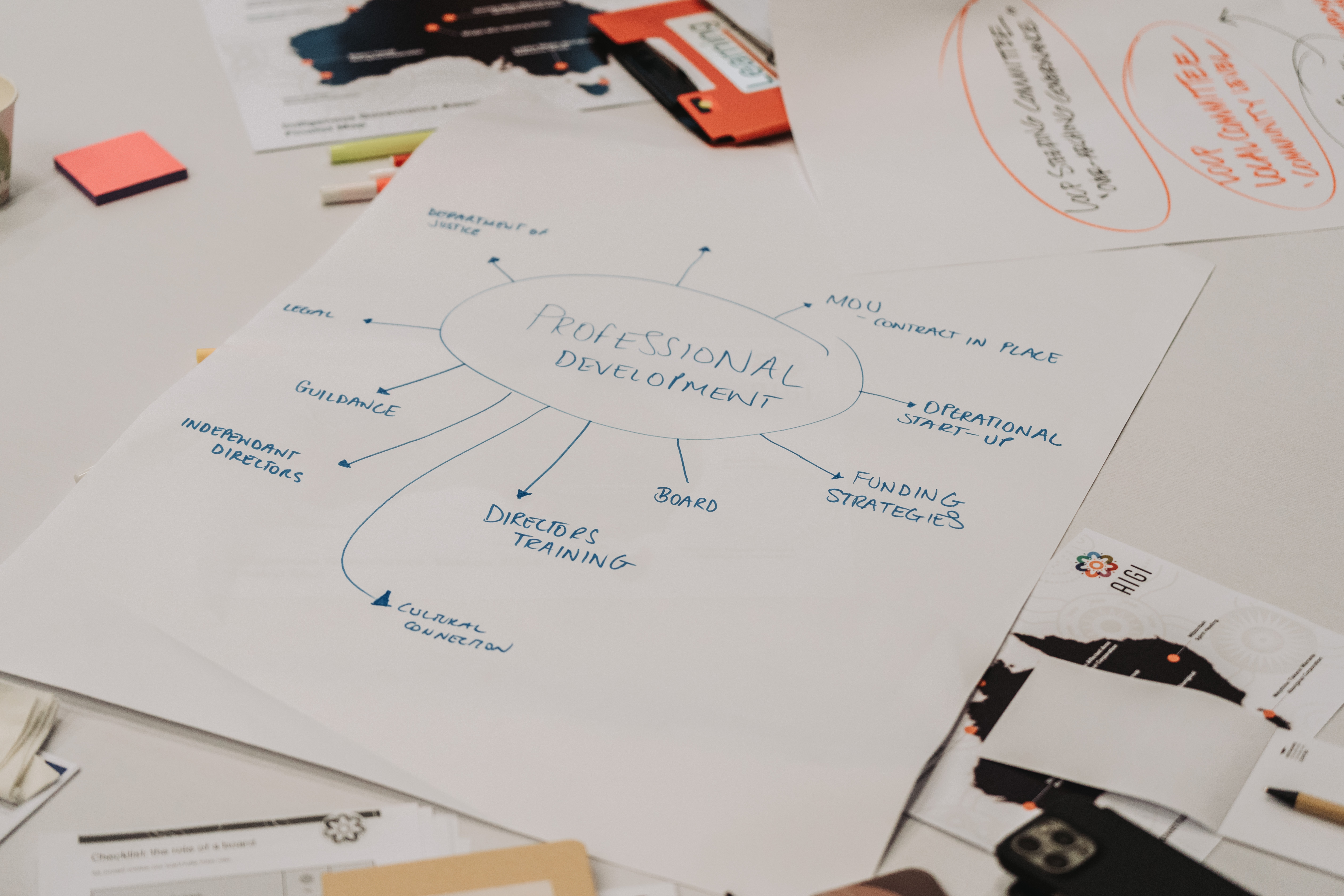
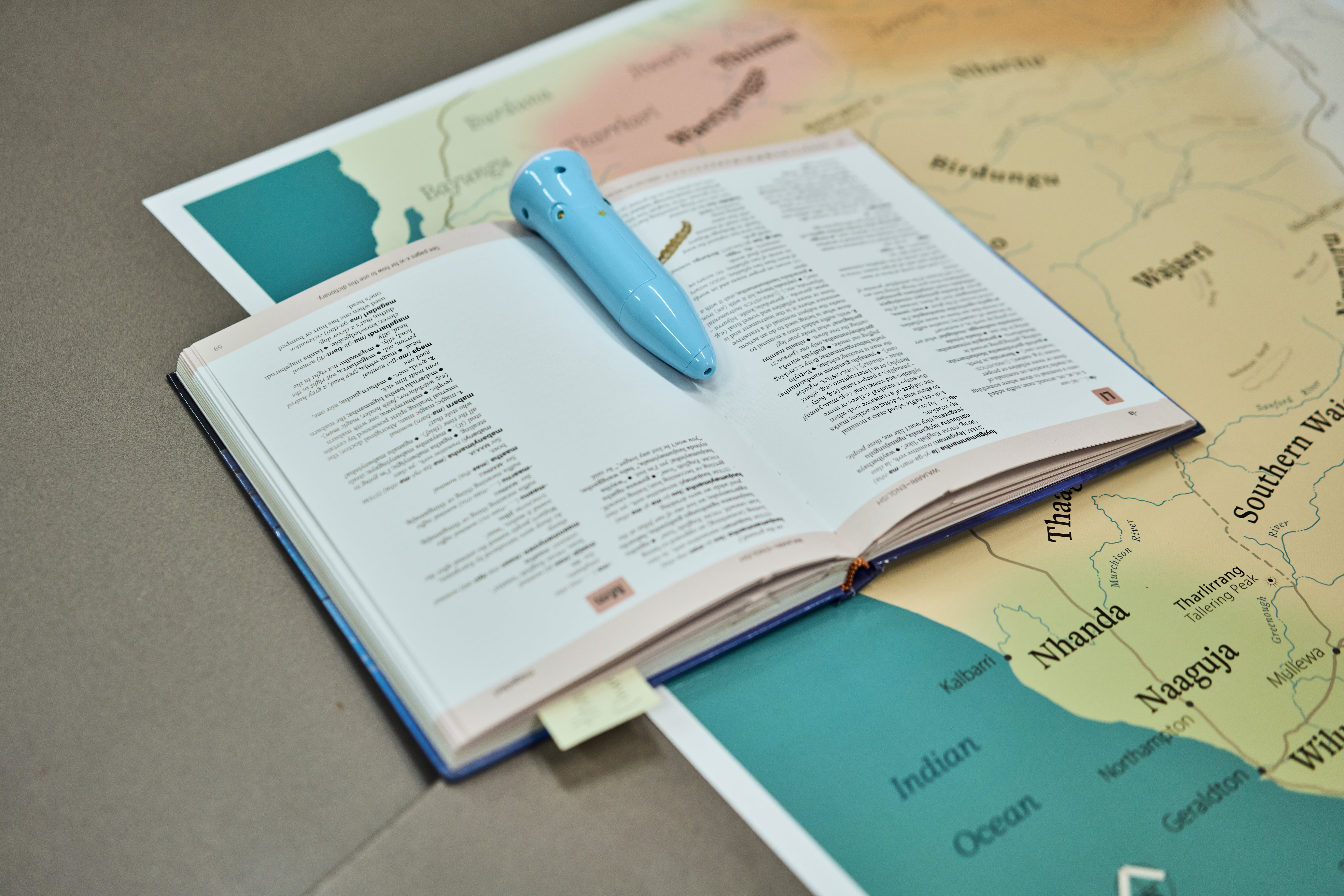

.png)

